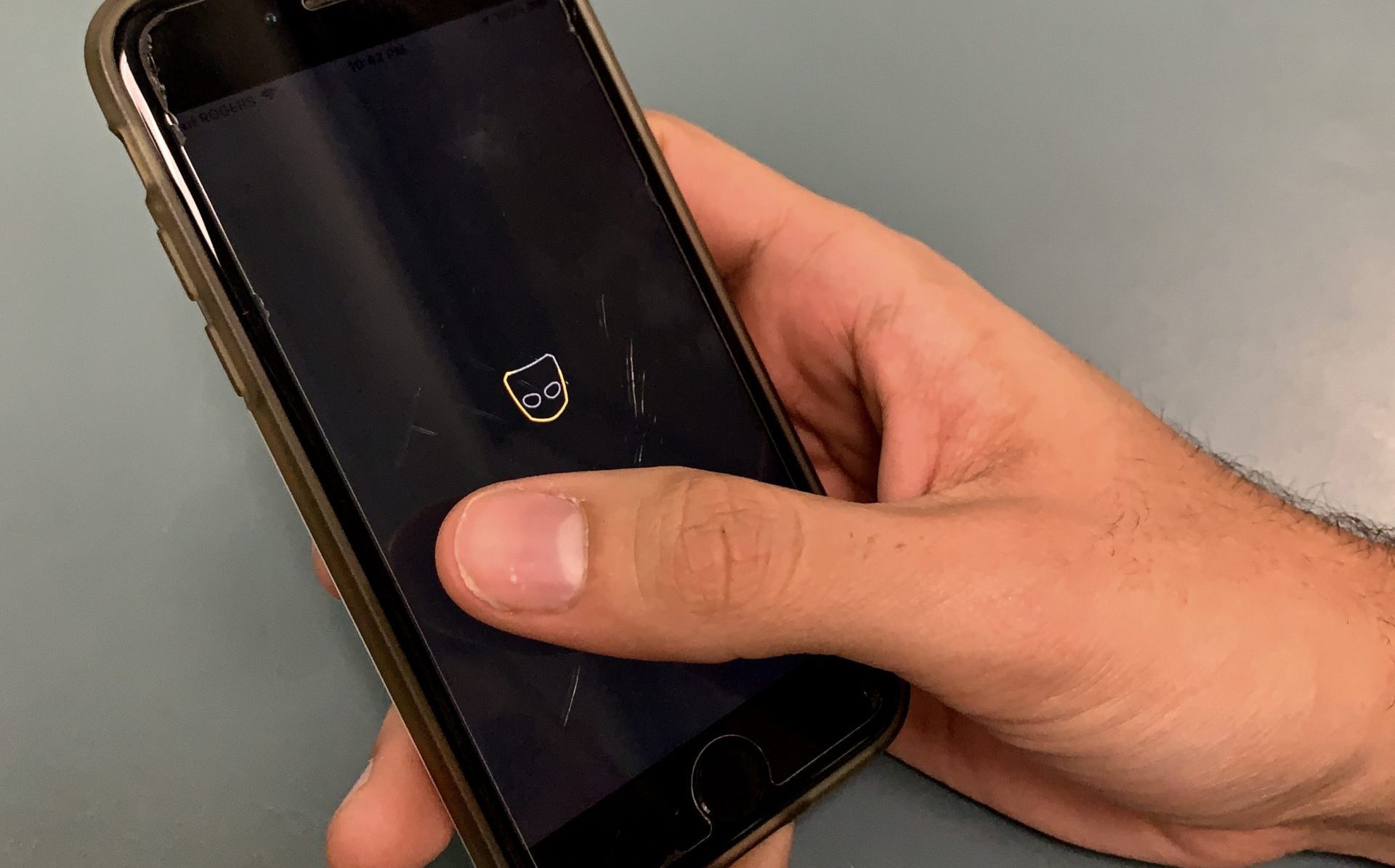“No fats, no fems, no blacks, no asians.”
This description is one of the many exclusionary phrases that someone has posted to their “about me” section on Grindr, a location-based gay dating and hookup app. With about four million active users, it is one of the largest dating apps geared to the gay community, along with Scruff, Jack’d, and Growlr.
Such declarations may seem alarming, but people in Toronto’s gay community say they’re easy to find in the world of online dating and hookups. Grindr in particular has become well-known for having users with profiles and bios that are openly discriminatory and hateful.
“Online discrimination has reached epidemic proportions affecting not only Grindr but other social networks,” said Landen Zumwalt, head of communications at Grindr, said in a statement in September.
Unlike Tinder or Bumble, in which both users must consent to a match, Grindr allows users to openly message anyone who is active and physically nearest to them. That opens up avenues for racism and abuse.
‘Online discrimination has reached epidemic proportions’
Francis Andreis, an 18-year-old trans man and Grindr user who lives in Toronto, said he often encounters discrimination when using the app. He has received messages using terms such as “tranny”, “dyke”, “it”, “thing”, “lesbo,” and others that he says are “trying to disprove me being trans, as a science.”
“When I started I was very insecure, so I would get offended. I would message back hateful things, or be rude back to them,” he said.
“I now just either block or message them back saying, ‘That was unnecessary and rude.'”
Watch Andreis describe discrimination he’s encountered on Grindr:
The issue reached such heights that the app’s creators last year took steps to combat it by releasing an awareness campaign called “Kindr.”
“Kindr is built around education, awareness and specific policy changes in the Grindr app,” the company said in a September press release.
“Its new community guidelines will serve as the first step of many Grindr will be taking to help foster a more inclusive and respectful community on its platform.”
As part of the campaign, Grindr released a series of videos to raise awareness about the discrimination its users were experiencing.
Watch one of the Kindr video campaigns aiming to make Grindr a more tolerant environment:
One change that Grindr has implemented is adding information buttons to profiles. This feature links users to a Grindr’s help center and provides information on topics such as gender identity and HIV status.
“Ever since they added that, the difference between before that happened and after is huge,” said Andreis.
Changing the app is one thing. Changing the mindset of users is another.
Some members of Toronto’s gay community are skeptical that the changes have created a safer space on the app.

One feature that has been added to the app is the information button, as pictured above. (KEVIN VITORINO/ TORONTO OBSERVER)
“I’m not sure that since they did it really that the culture has changed at all on Grindr. But I am happy that they did it,” said Alex Urquhart, a gay men’s online outreach co-ordinator at the AIDS Committee of Toronto.
“At the very least, it’s sort of like they’re aware that this is a problem, and this is actually very bad for their brand, if nothing else.”
He suggested Grindr should look at other gay dating apps like Jack’d for ideas on how to combat discrimination.
“You can anonymously ‘like’ someone, and they don’t get a notification about that unless they like you back,” Urquhart said.
“People find that very helpful because it helps them avoid rejection and those toxic environments where they can message someone and say nasty things to them.”
Andreis said it’s also important for members of the Grindr community to keep an open mind.
“Just talk to someone how you would talk to someone else,” he said. “Unless you talk to people rudely. Then don’t talk to people like that.”

